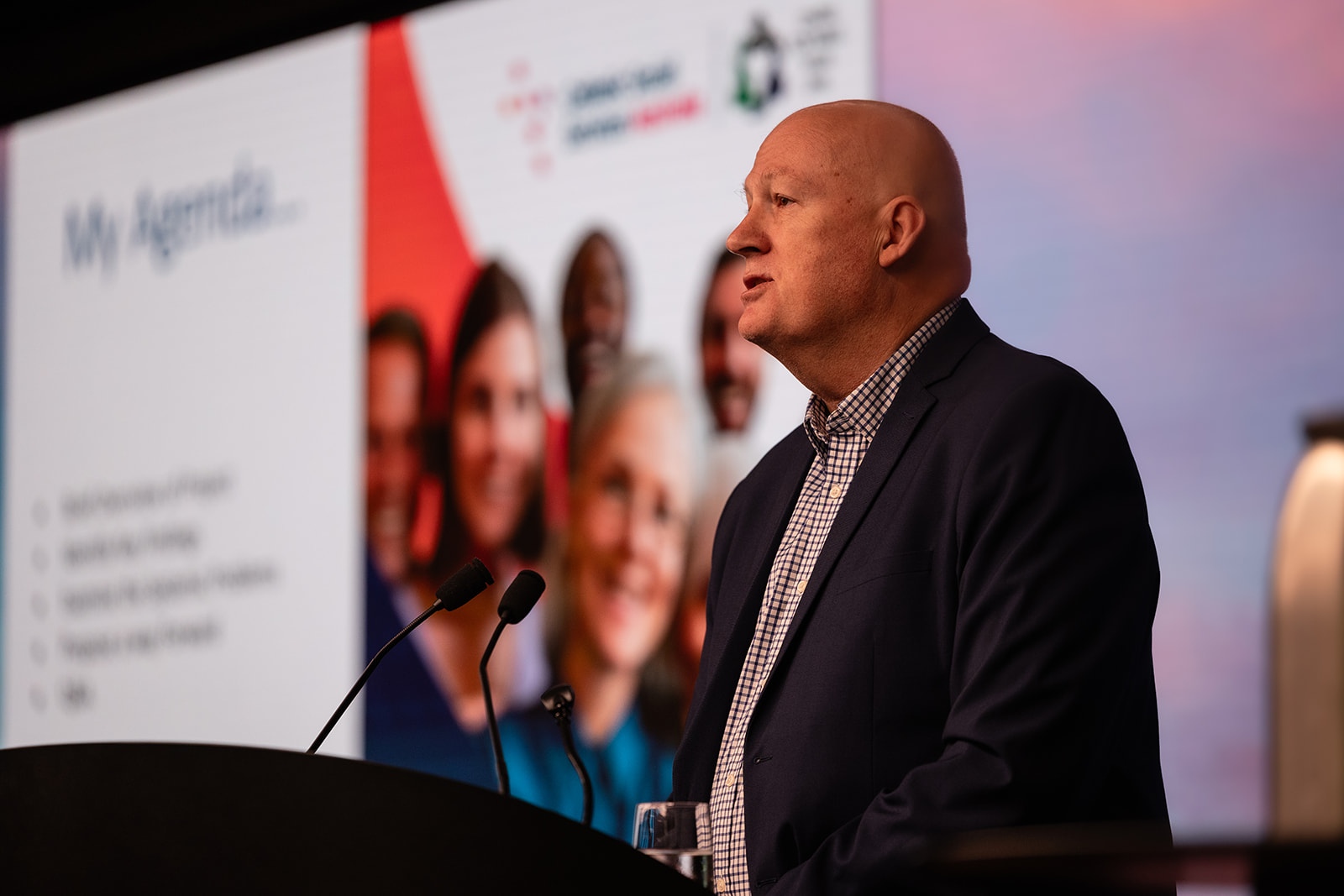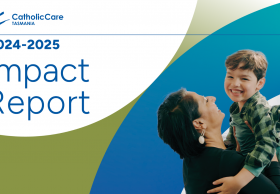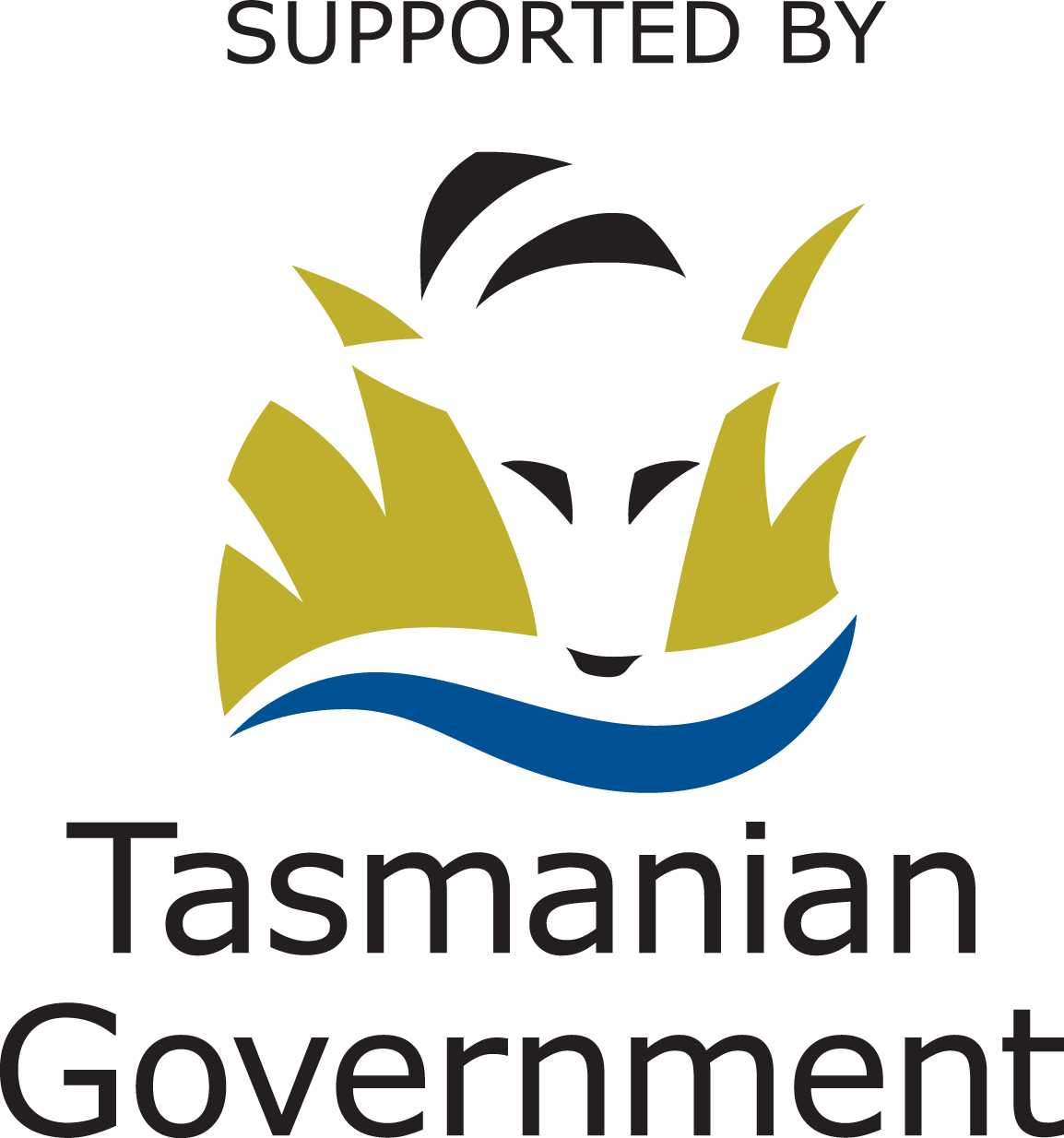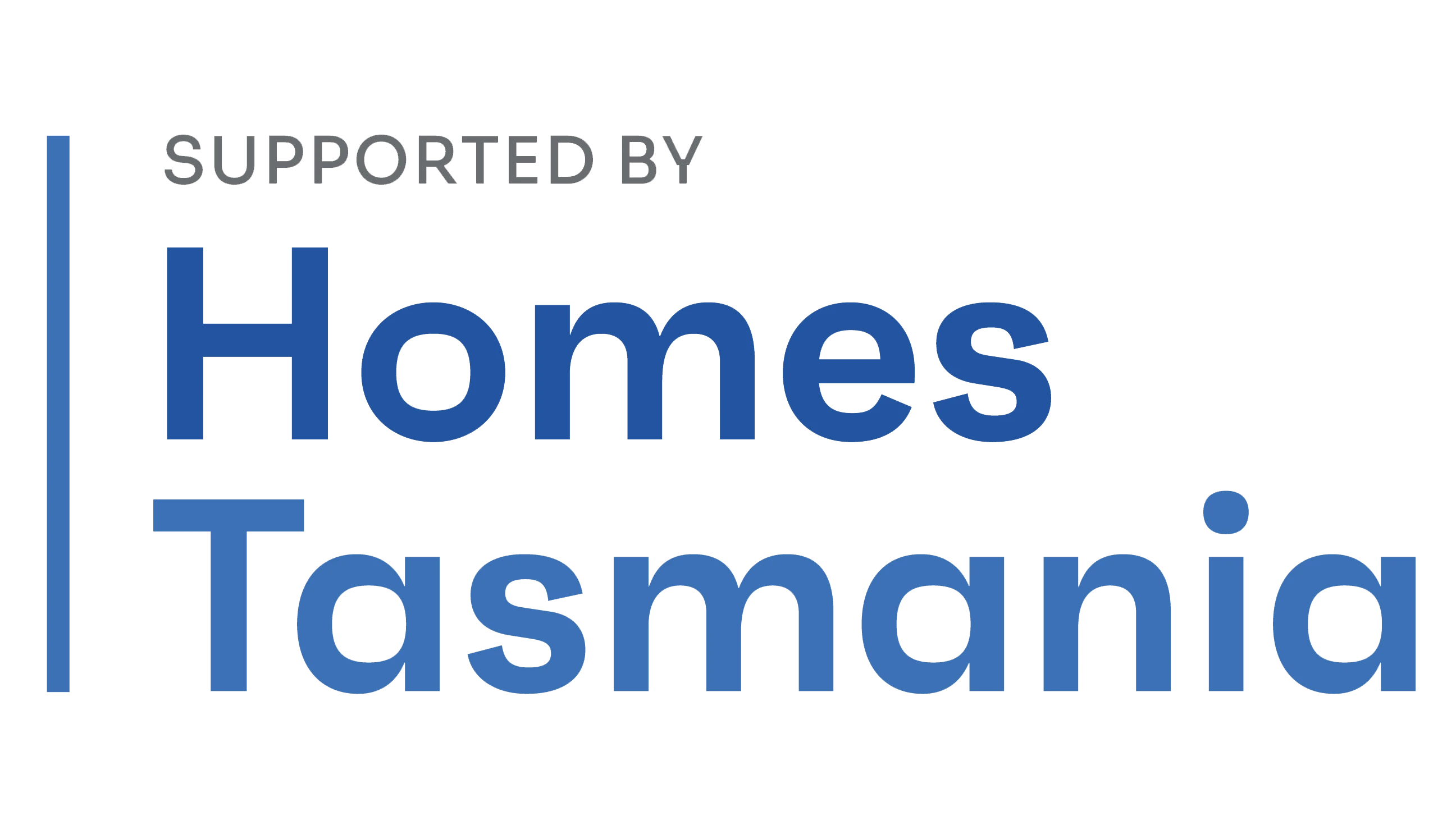Financial pressures on not-for-profit social services have become untenable, with Tasmania’s most vulnerable people bearing the brunt of chronic underfunding, according to a groundbreaking report commissioned by Catholic Social Services Australia (CSSA).
The report, ‘Real Costs, Real Impacts: A Path to Social Services Sustainability,’ produced by Professor David Gilchrist and Ben Perks from the University of Western Australia’s Centre for Public Value, provides compelling evidence of the growing crisis in social services sustainability.
Julia Mangan, CEO CatholicCare Tasmania, said the report’s findings reflect the challenges faced in the Tasmanian community.
“When governments don’t fund social services adequately, it impacts the ability to ensure all Tasmanians receive the support when they need it most,” Ms Mangan said.
“In Tasmania, we see firsthand how these funding challenges directly affect real people in our community. With crises in cost of living and housing affordability, as well as family and domestic violence and unique challenges for children and young people, the ability to continue to provide services to every part of the State and to every Tasmanian who needs us, is incredibly difficult.”
Dr Jerry Nockles, Executive Director of CSSA, emphasises the human cost of these funding shortfalls.
“The consequences of this funding shortfall aren’t just numbers on a spreadsheet—they represent real lives, real struggles, and diminishing opportunities for transformation. Each statistic tells the story of an organisation forced to do more with less, while vulnerable Australians become the shock absorbers of a failing system.”
Professor Gilchrist warns that the situation has become critical.
“Not-for-profit social services have been under severe pressure for too long. The comprehensive cost of service delivery is increasing significantly, while the lack of sustainability directly impacts the reliability of services to the most vulnerable people in Australia,” Professor Gilchrist said.
In Tasmania, these funding shortfalls have led to:
- Workforce shortages, with challenges offering competitive salaries to attract and retain quality staff.
- Reduction in service availability for regional and remote communities.
- Cost shifting from early intervention and support to increased presentations in emergency departments and the justice system.
Ms Mangan emphasised that with the Federal Election approaching, it’s critical for candidates in Tasmania to address these issues.
“We live in an amazing State full of strong and resilient communities that get behind people when they need it. With all the challenges people are facing right now, even with our support, communities are doing it tough. We need our politicians, who know these communities well, to make sure Tasmanian services are properly funded so we can continue to do our critical work and keep Tasmanian communities places we want to live and work - and be healthy and safe.”
The report recommends Australian governments develop:
- A comprehensive contracting process based on empirical evidence of cost and service requirements
- An indexation process ensuring timely and full allocation of funding to cover increasing costs
- A mature impact-based response to policy changes and economic shifts
- A comprehensive data asset development process for transparency over service gaps
“Without urgent action, we face the very real prospect of critical services disappearing for those who need them most in Tasmania. Our community deserves proper recognition and funding for the essential social services that support our most vulnerable residents,” Ms Mangan concluded.
The report is available here: https://www.uwa.edu.au/schools/-/media/centre-for-public-value/resources/250315-real-costs-real-impacts-final.pdf

Other news you may be interested in
Financial pressures on not-for-profit social services have become untenable, with Tasmania’s most vulnerable people bearing the brunt of chronic underfunding, according to a groundbreaking report commissioned by Catholic Social Services Australia (CSSA).
The report, ‘Real Costs, Real Impacts: A Path to Social Services Sustainability,’ produced by Professor David Gilchrist and Ben Perks from the University of Western Australia’s Centre for Public Value, provides compelling evidence of the growing crisis in social services sustainability.
Julia Mangan, CEO CatholicCare Tasmania, said the report’s findings reflect the challenges faced in the Tasmanian community.
“When governments don’t fund social services adequately, it impacts the ability to ensure all Tasmanians receive the support when they need it most,” Ms Mangan said.
“In Tasmania, we see firsthand how these funding challenges directly affect real people in our community. With crises in cost of living and housing affordability, as well as family and domestic violence and unique challenges for children and young people, the ability to continue to provide services to every part of the State and to every Tasmanian who needs us, is incredibly difficult.”
Dr Jerry Nockles, Executive Director of CSSA, emphasises the human cost of these funding shortfalls.
“The consequences of this funding shortfall aren’t just numbers on a spreadsheet—they represent real lives, real struggles, and diminishing opportunities for transformation. Each statistic tells the story of an organisation forced to do more with less, while vulnerable Australians become the shock absorbers of a failing system.”
Professor Gilchrist warns that the situation has become critical.
“Not-for-profit social services have been under severe pressure for too long. The comprehensive cost of service delivery is increasing significantly, while the lack of sustainability directly impacts the reliability of services to the most vulnerable people in Australia,” Professor Gilchrist said.
In Tasmania, these funding shortfalls have led to:
- Workforce shortages, with challenges offering competitive salaries to attract and retain quality staff.
- Reduction in service availability for regional and remote communities.
- Cost shifting from early intervention and support to increased presentations in emergency departments and the justice system.
Ms Mangan emphasised that with the Federal Election approaching, it’s critical for candidates in Tasmania to address these issues.
“We live in an amazing State full of strong and resilient communities that get behind people when they need it. With all the challenges people are facing right now, even with our support, communities are doing it tough. We need our politicians, who know these communities well, to make sure Tasmanian services are properly funded so we can continue to do our critical work and keep Tasmanian communities places we want to live and work - and be healthy and safe.”
The report recommends Australian governments develop:
- A comprehensive contracting process based on empirical evidence of cost and service requirements
- An indexation process ensuring timely and full allocation of funding to cover increasing costs
- A mature impact-based response to policy changes and economic shifts
- A comprehensive data asset development process for transparency over service gaps
“Without urgent action, we face the very real prospect of critical services disappearing for those who need them most in Tasmania. Our community deserves proper recognition and funding for the essential social services that support our most vulnerable residents,” Ms Mangan concluded.
The report is available here: https://www.uwa.edu.au/schools/-/media/centre-for-public-value/resources/250315-real-costs-real-impacts-final.pdf

Other news you may be interested in
Other news








